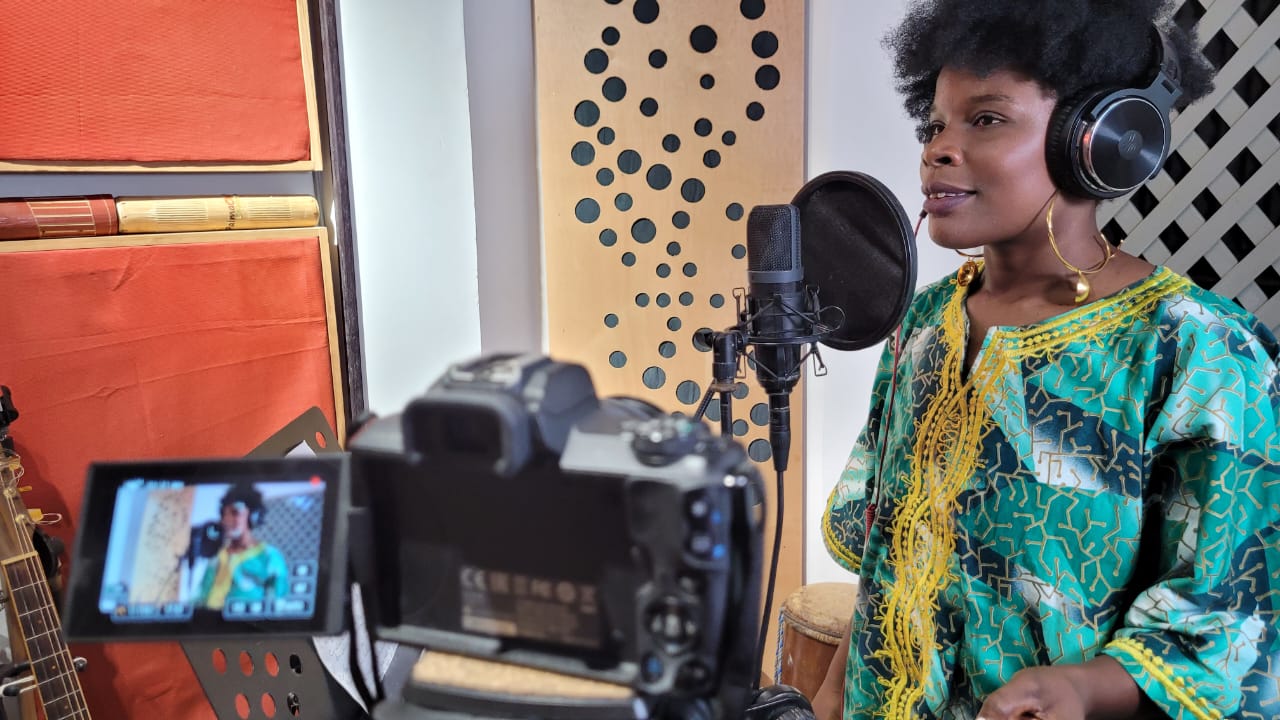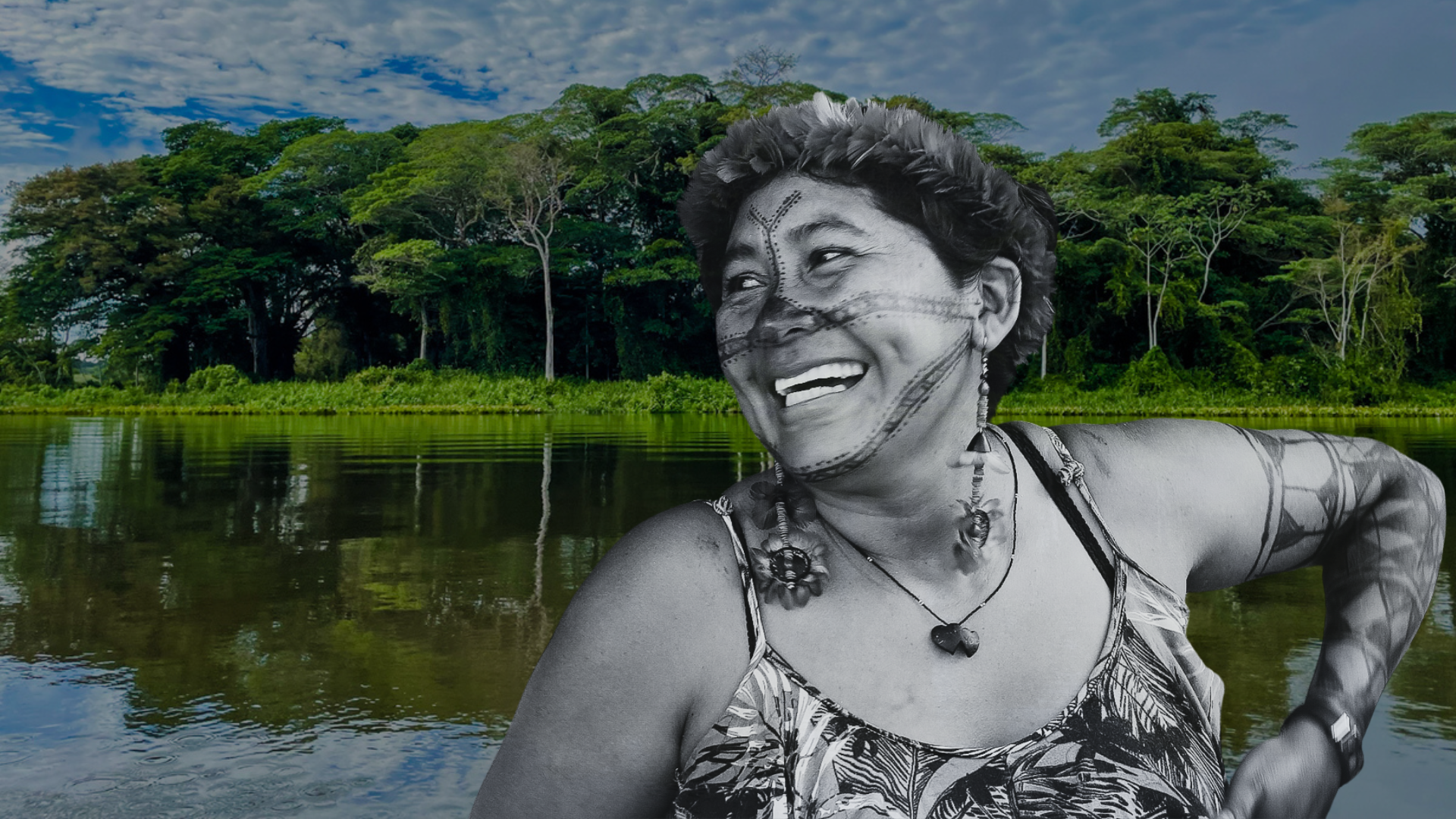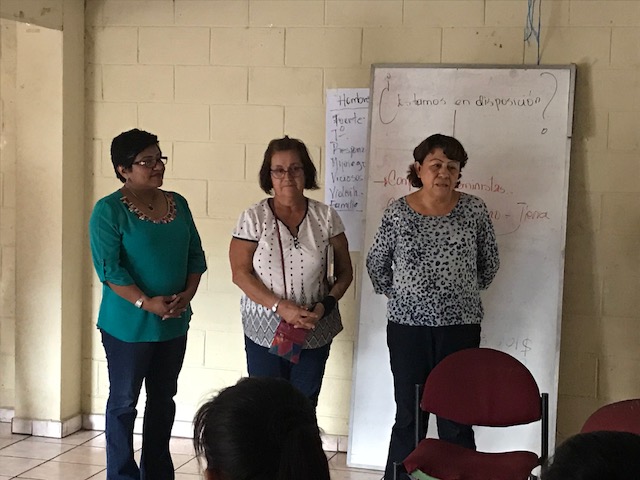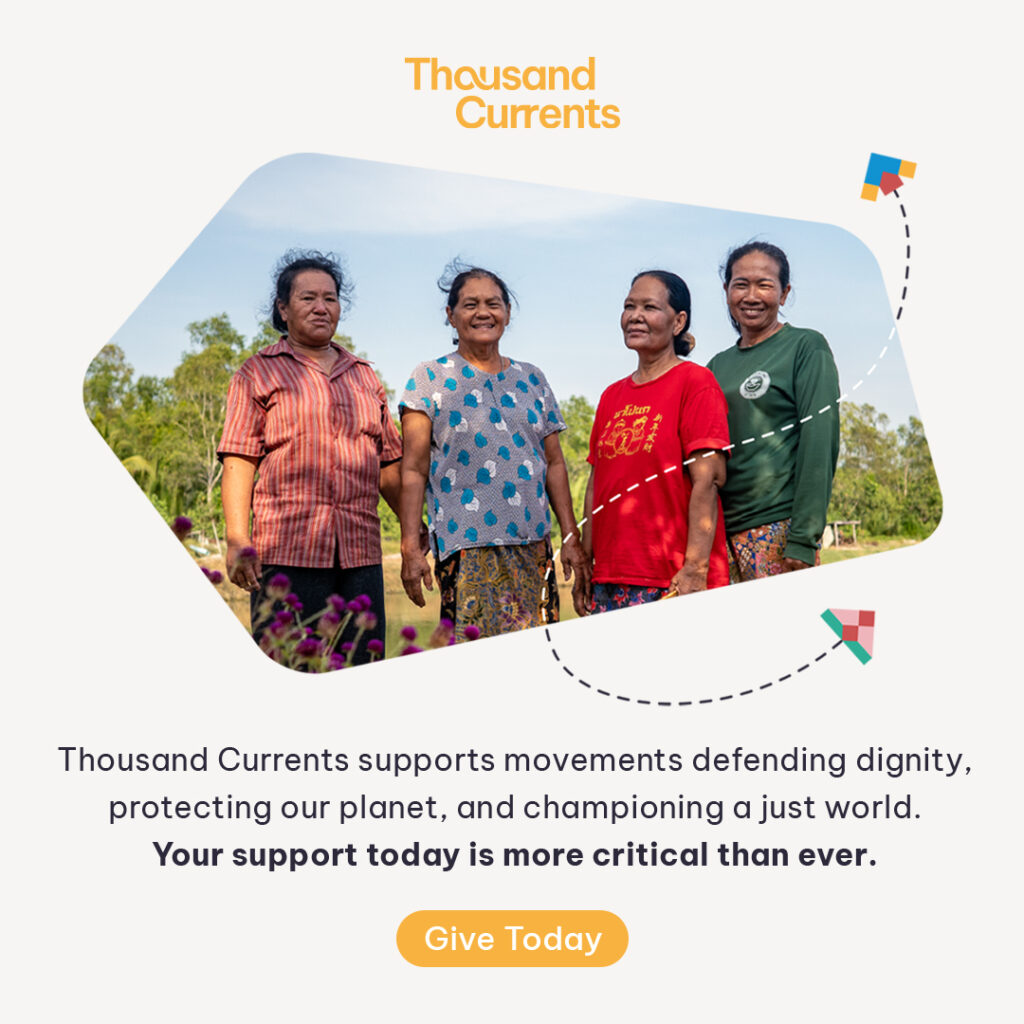When is going to a workshop an act of women’s resistance?
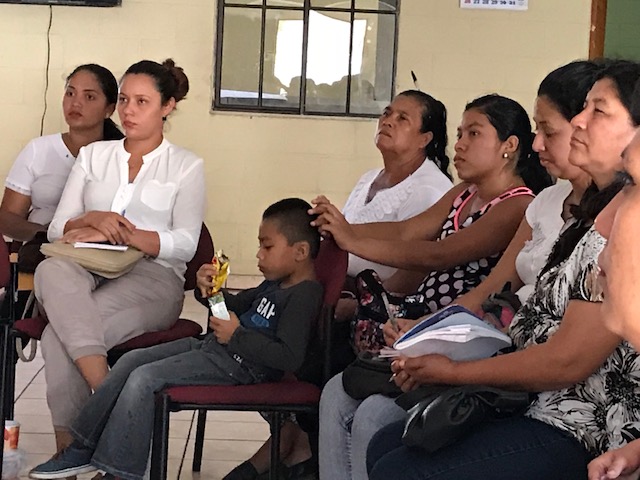
Women can make an incredible commitment to broadening their minds and vision of the future, as well as opening the gateways for creative and strategic community organizing.
I was reminded of this power after two days of witnessing a workshop organized by the Women’s Commission of Central America of La Via Campesina (LVC) in El Salvador last month.

We were grounded in “Popular Peasant Feminism,” which is about understanding feminism within the peasants’ struggle. In order to develop this lens, the workshop started by discussing definitions such as sex, gender, and sexuality. This in itself was a rich conversation that surfaced our cultural norms, societal and individual bias towards gender roles, and phrases we continually hear and repeat that subconsciously reinforce the patriarchal system.
Women were invited to read the “The Political Feminist of the Sisterhood” by Marcela Lagarde, which lays out a letter from women to humanity that was part of the World March of Women in 2009. Reading it challenged everyone to understand the alternative visions that feminists have proposed to live peacefully with each other, as well as the values to hold when transforming this world. These pillars were: equality, peace, freedom, solidarity and justice. These were themes that we kept coming back to for the rest of the training.
The second day continued our learning of the feminist waves in the world throughout history leading to this moment, where women farmers who are members of LVC can propose a feminism that is based on their own struggles and day-to-day realities.
The day-to-day realities of being a woman
In an exercise documenting the tasks women do all day, from the time they wake up, many were waking up at 3.30am, 4am or 5am (one woman’s daughter wakes up at 12.30am!) to start cooking for their husband before they went out to work.
It was this conversation that brought to light how much women had to organize their families and duties just to attend this workshop. Many of them came from outside of San Salvador, commuting one to three hours in a bus. Before they departed, their day was already filled with household chores and knowing that their husbands would not take over these roles. The women had to be excellent time organizers and efficient household managers to participate in a full two-day workshop.
The women’s presence was in fact a sign of hope and a sign of their resistance in the act of showing up.
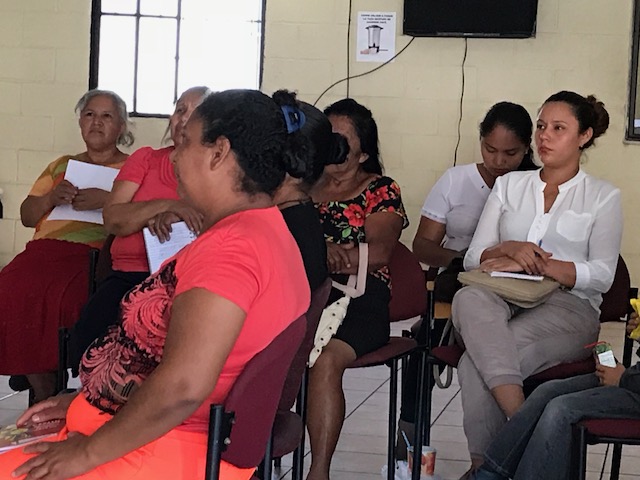
Structures that include women matter
In a conversation afterwards with the Central American coordinators of the Women’s Commission, they shared with me that LVC hadn’t always had a Women’s Commission within their infrastructure. It was modeled after the structure at the global level of LVC. They credit the first woman to host the International Secretariat role of LVC, Elizabeth Mpofu from the Zimbabwe Smallholder Organic Farmers’ Forum, for this.
They shared that having a Women’s Commission present in a global peasant movement is crucial to challenging the neoliberal economic system, which enables the continuation of patriarchy. The Commission lifts up the role of women in agriculture and their power to build an alternative way of living that is more communal, more peaceful, and cares for the wellbeing of all living beings.
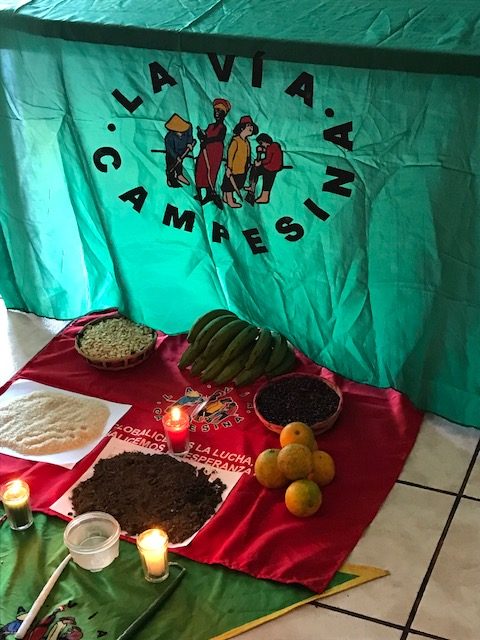
I witnessed the power of women in their participation in this workshop. As one woman reflected on her learnings of the two days,
Related Stories
